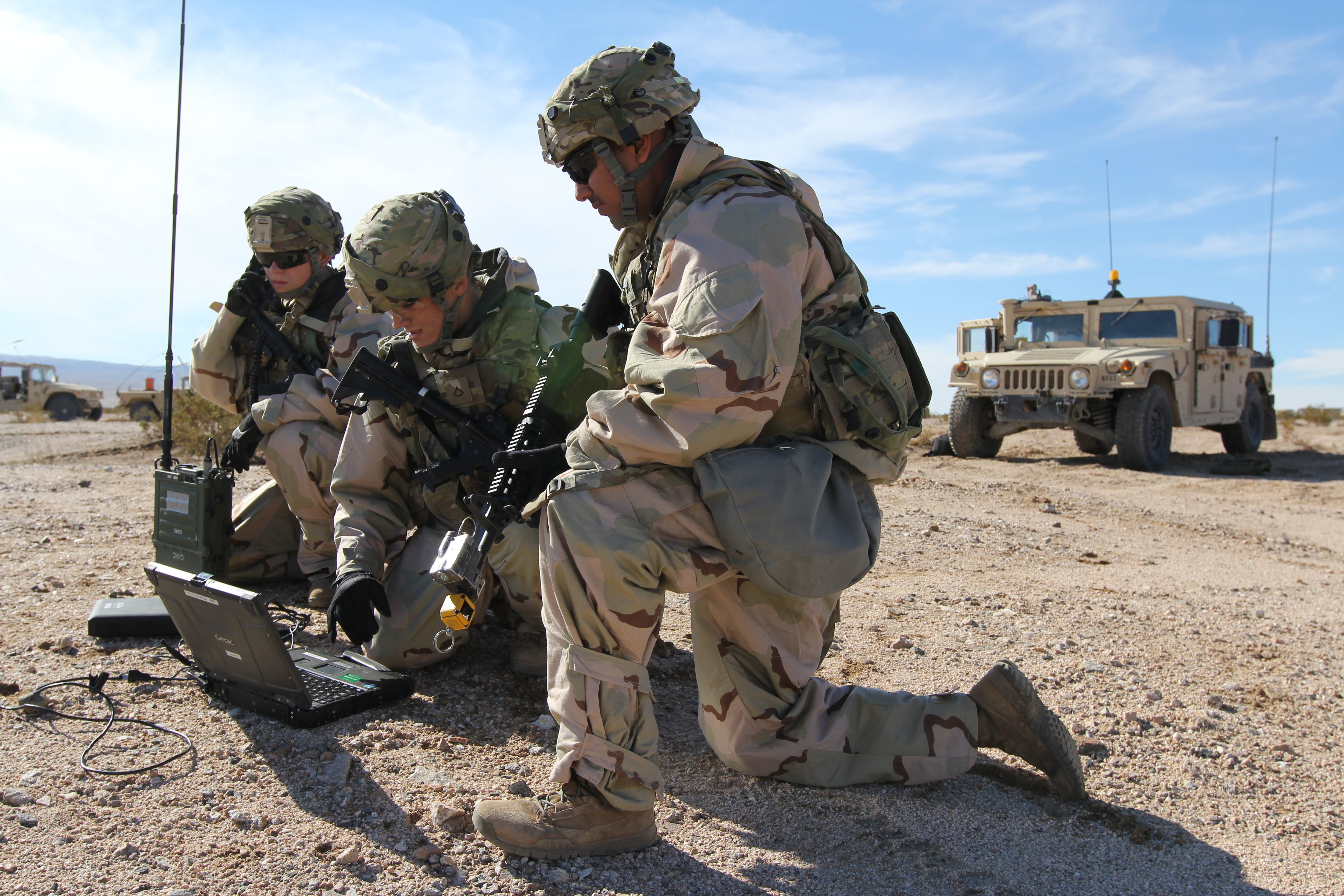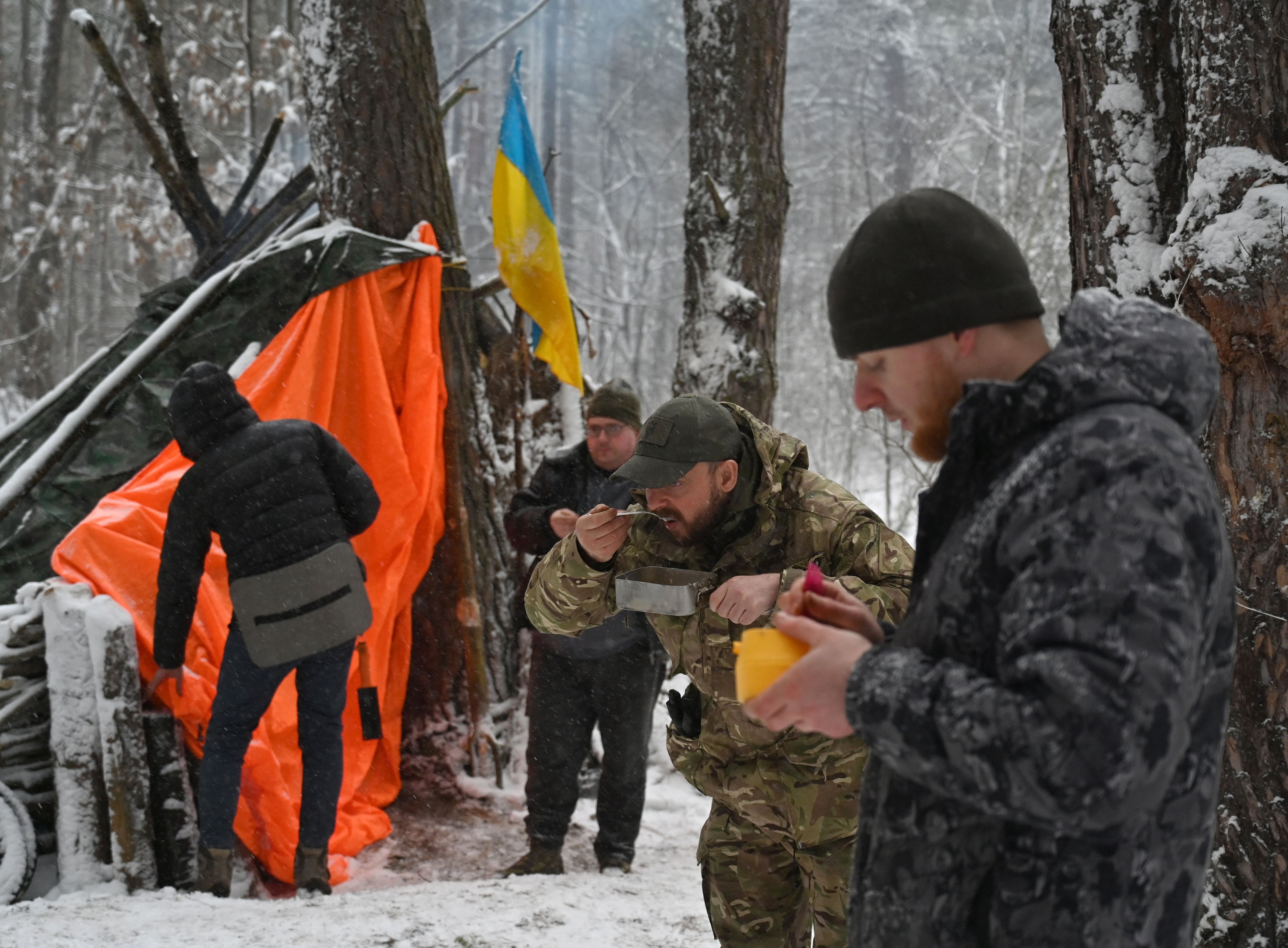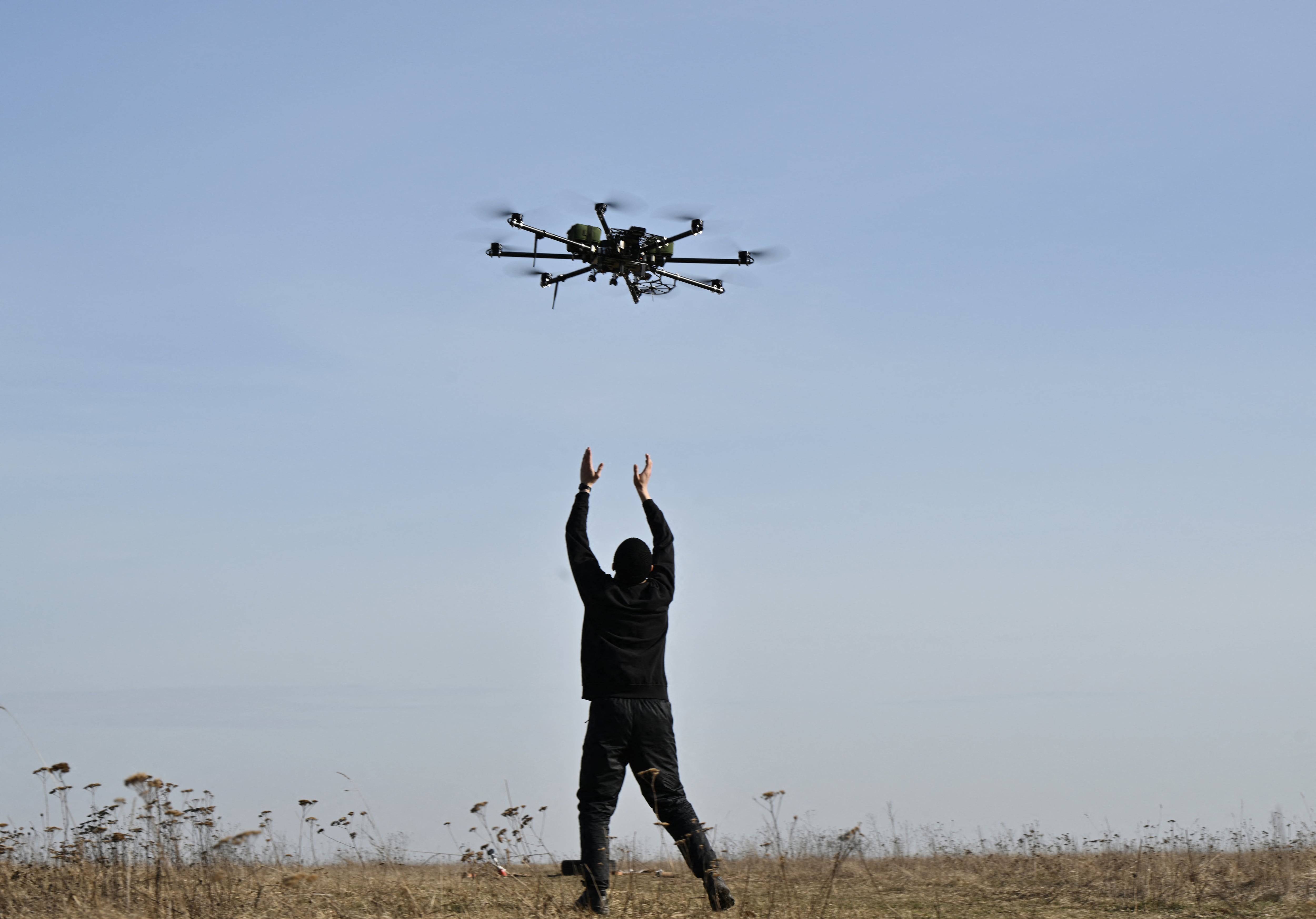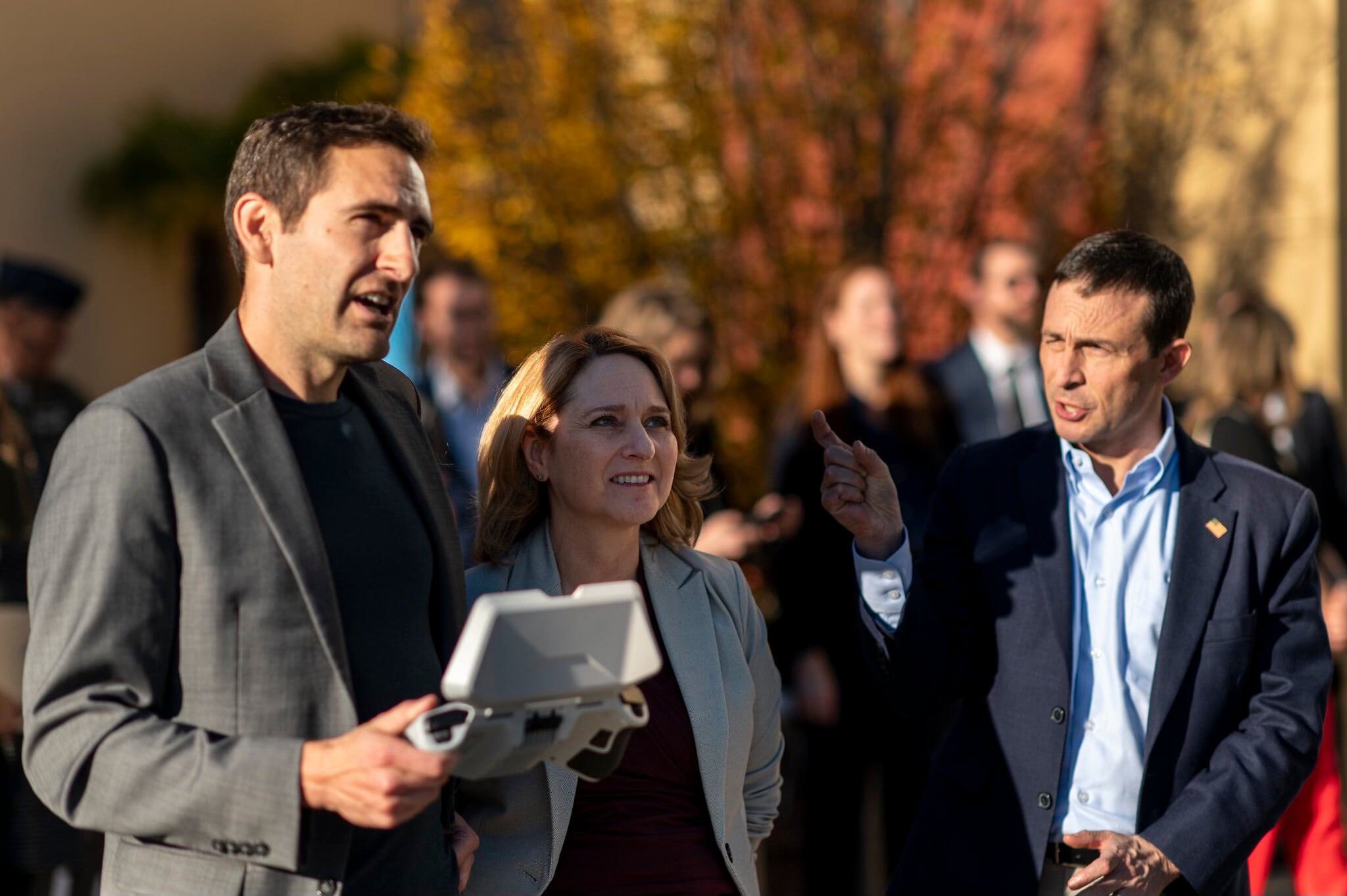WASHINGTON – Ukrainian government officials want closer collaboration with NATO’s cyber center of excellence, even after center overseers denied Kyiv a formal membership status last year.
The request, and news of its rejection, comes as Ukraine faces potential Russian cyber attacks that Western officials believe would likely accompany a large-scale invasion. The Russian government has denied having such plans, though Moscow has declined to move back a buildup of 100,000-plus troops from the border unless the alliance closes the door to an eventual Ukrainian NATO membership.
Ukraine has found Estonia, which hosts the NATO Cooperative Cyber Defence Centre of Excellence (CCDCOE) at the capital of Tallinn, to be a key collaborator on cyber defense matters. The Estonians have worked to facilitate ties between the alliance and Kyiv even outside of center channels, with experts from both countries meeting in January amid the growing crisis.
RELATED

“The parties discussed the organization and overall state of Ukraine’s national cyber security, including the recent large-scale cyber-attacks against Ukraine and their impact on the current security situation,” the Estonian Ministry of Defence wrote in a statement last week.
“Estonia is ready to send cyber specialists to Ukraine to further develop this exchange,” added Margus Matt, undersecretary of cyber matters at the ministry. “By supporting Ukraine, we are also strengthening our own defence posture.”
Alliance leaders have said they support Ukraine as it faces cyber threats from Russia. A Jan. 25 NATO statement quotes Deputy Secretary-General Mircea Geoană as saying the alliance had been working with Ukraine “for years to increase its cyber defenses, and will continue to do so at pace.”
That support has yet to translate into granting Ukraine a formal role in the cyber center, which is possible for non-alliance countries through a so-called “contributing participant” role. The center’s website lists Austria, Switzerland, Sweden and Finland as contributing participants.
Ukraine submitted a request to attain that status last summer.
“Membership in the organization will provide Ukraine with the opportunity to exchange experience in detecting and countering modern cyber threats, developing skills in joint response to cyber attacks and conducting defense and deterrence operations in cyberspace,” Natalia Tkachuk, chief of the Information Security Office at the National Security and Defense Council, told news agency Ukrinform at the time. “Ukraine will have access to the latest research and development conducted by CCDCOE. All this will allow more effective countering Russia’s hybrid threats.”
Affiliation with the NATO center would constitute “another important step” in Kyiv’s aspirations to become a member of the Western alliance, she added.
At a steering committee meeting last November, however, member nations were “not unanimous in their approval,” the center’s director, Estonian Air Force Col. Jaak Tarien, told Defense News. A spokesperson for the center declined to detail the vote results, citing confidentiality rules.
“While currently there is no consensus on the membership of Ukraine to CCDCOE, this is not the end state,” he added. “CCDCOE member nations are actively seeking to build the necessary consensus in the near future.
Tarien said additional cooperation with Ukraine would be “useful for both sides,” noting how Ukrainian officials had previously participated in courses and exercises. “Right now the CCDCOE is mapping out new possible cooperation areas with Ukraine, since Ukraine has unique experience in combating hybrid threats. Sharing it will help to improve both the knowledge and readiness to face such threats in each Member State of CCDCOE individually and in NATO as a whole,” he added.
Sebastian Sprenger is associate editor for Europe at Defense News, reporting on the state of the defense market in the region, and on U.S.-Europe cooperation and multi-national investments in defense and global security. Previously he served as managing editor for Defense News. He is based in Cologne, Germany.






